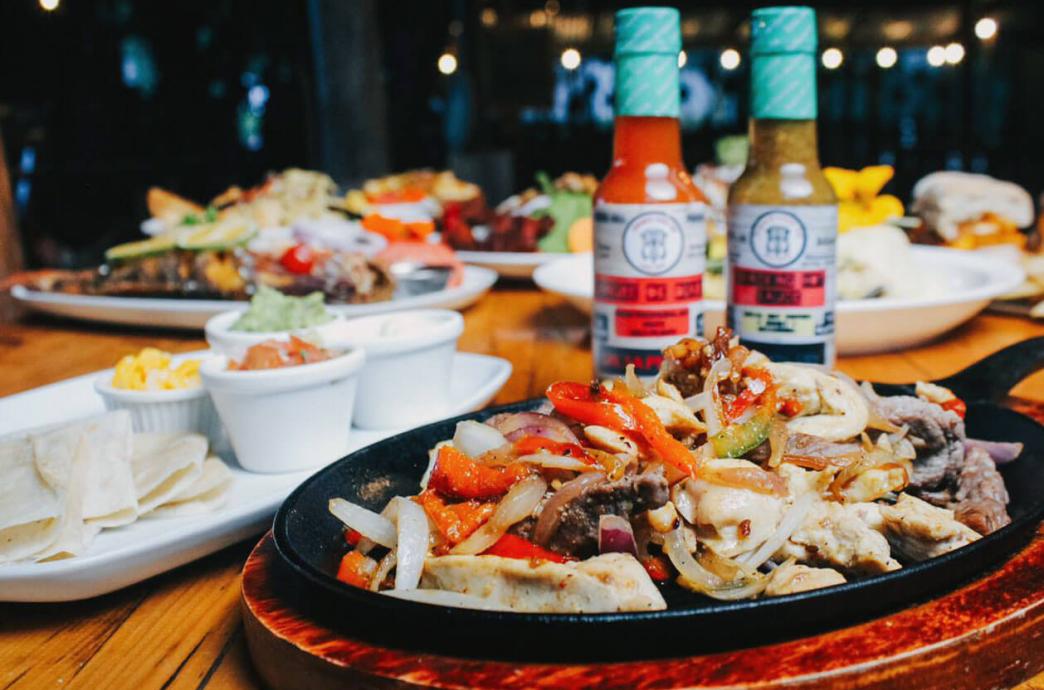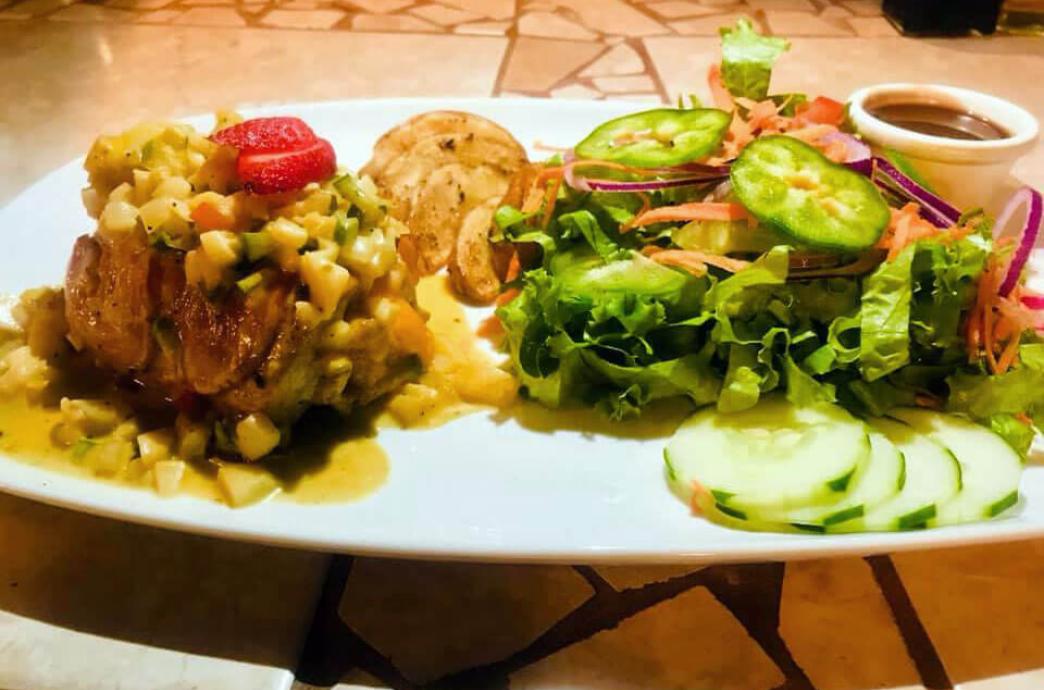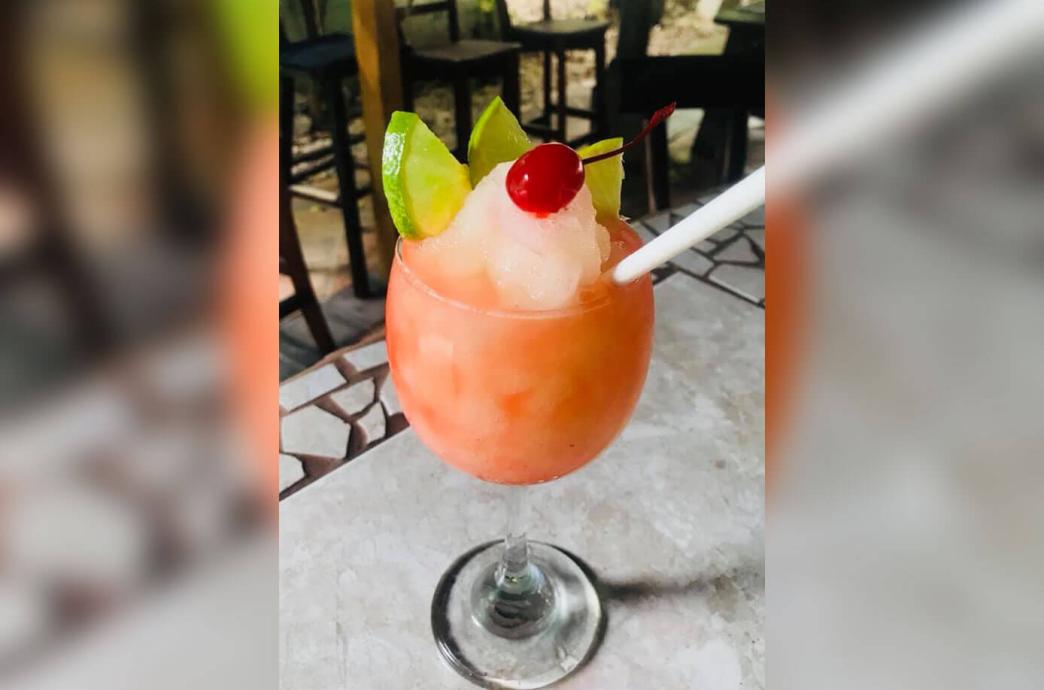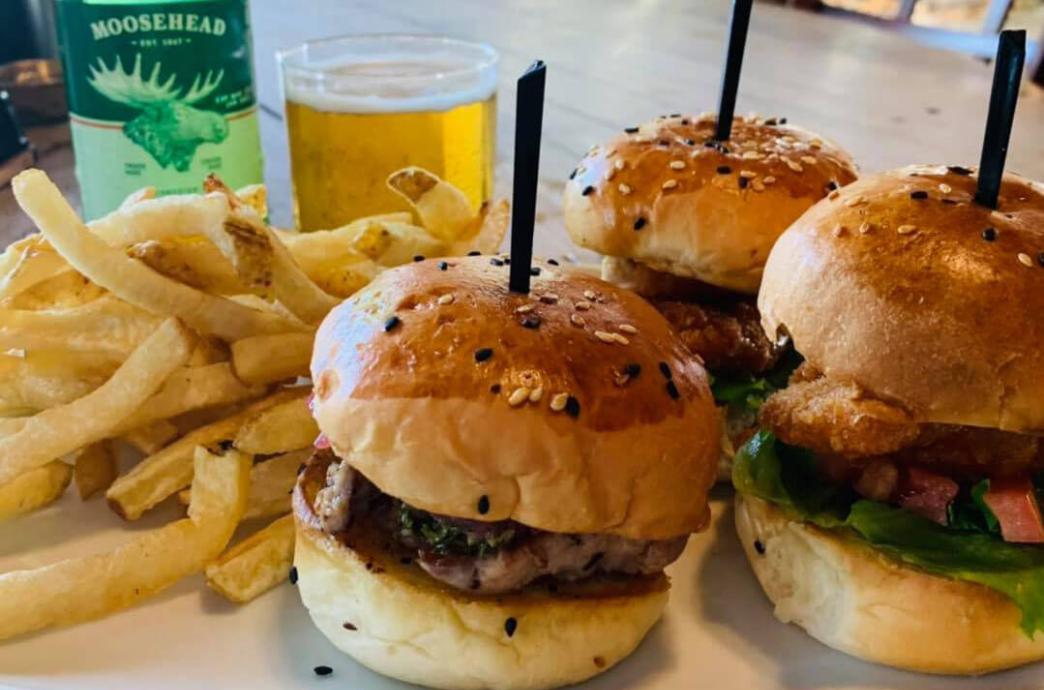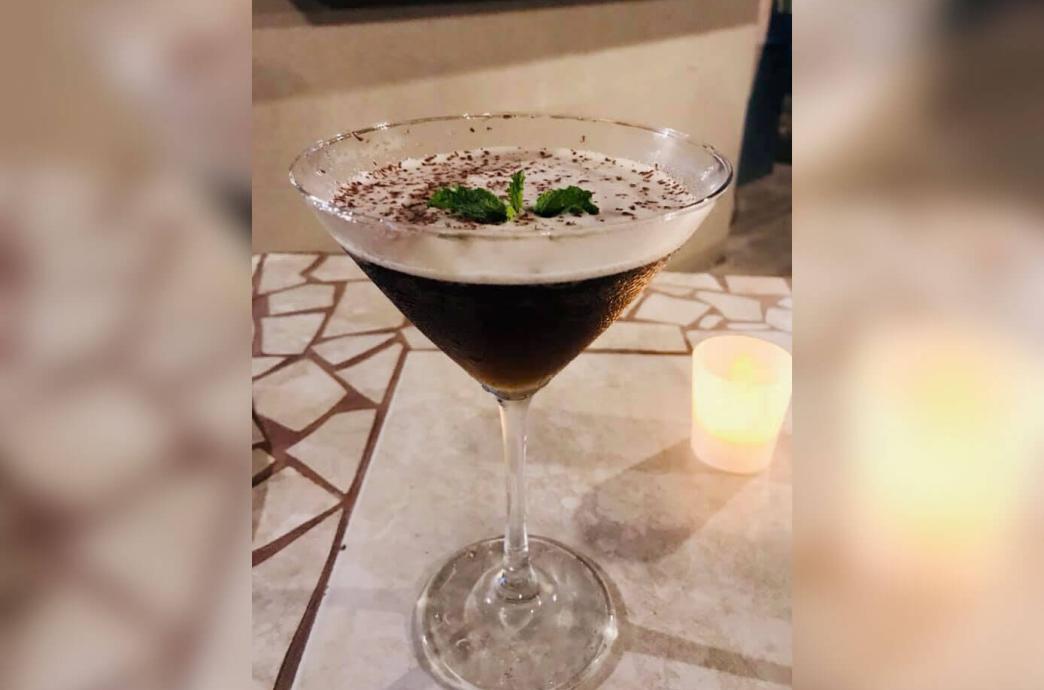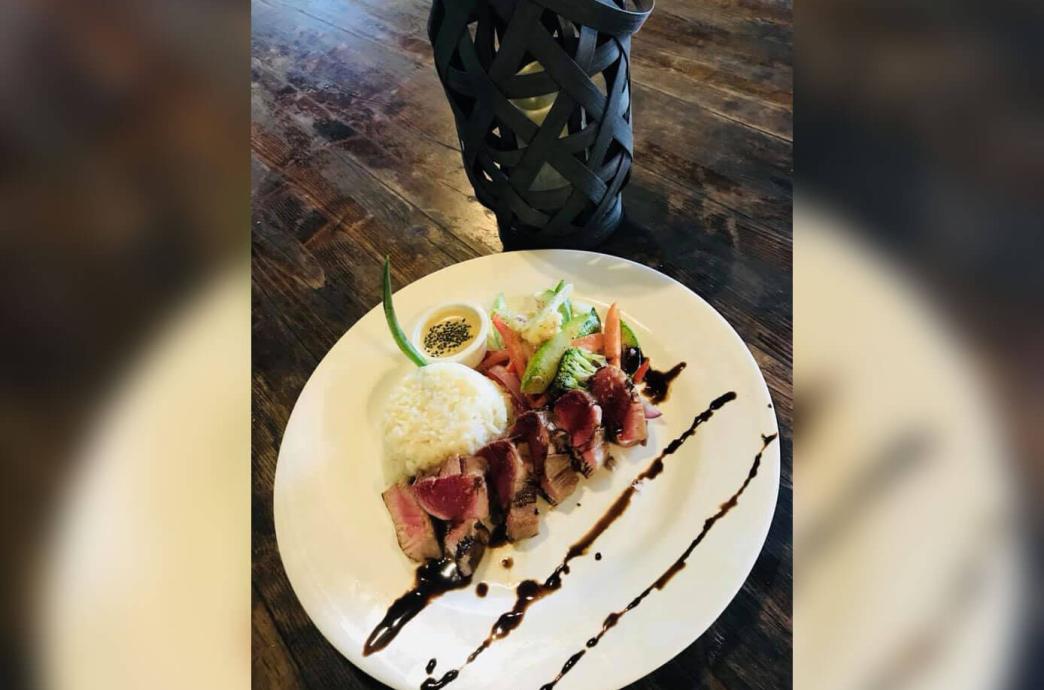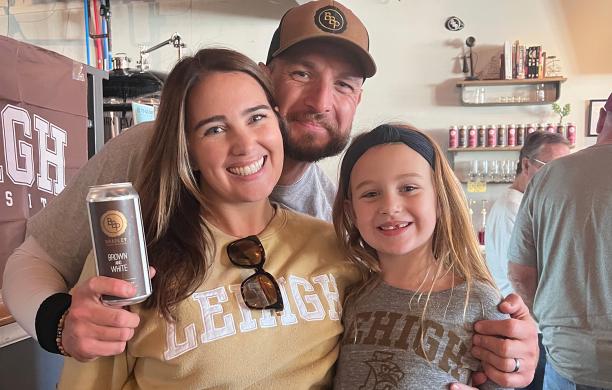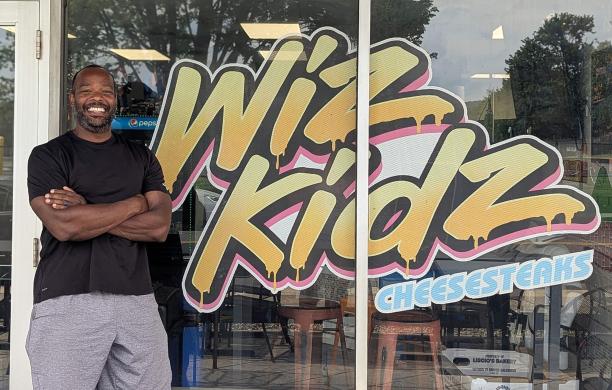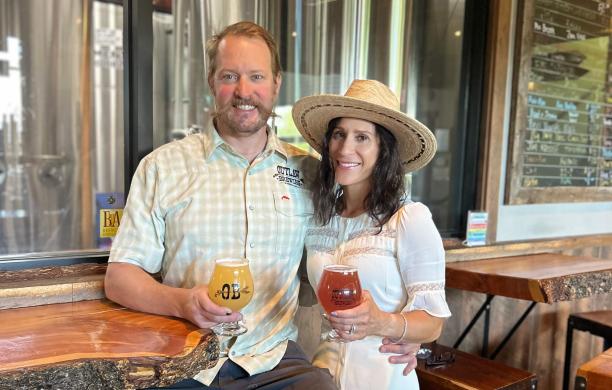When the stock market crashed in 2008, Tony Monticello ’89 and Dana Hontz Monticello ’92 saw it as a wake-up call. They had been craving a more simple life, something outside the plastic bubble of American consumerism that might give their sons a broader perspective of the world.
They visited the Caribbean and realized that island life was not for them. A trip to Costa Rica set a new life in motion.
It was a short-term plan … a year or two at the most. Eleven years later, they are still going strong.
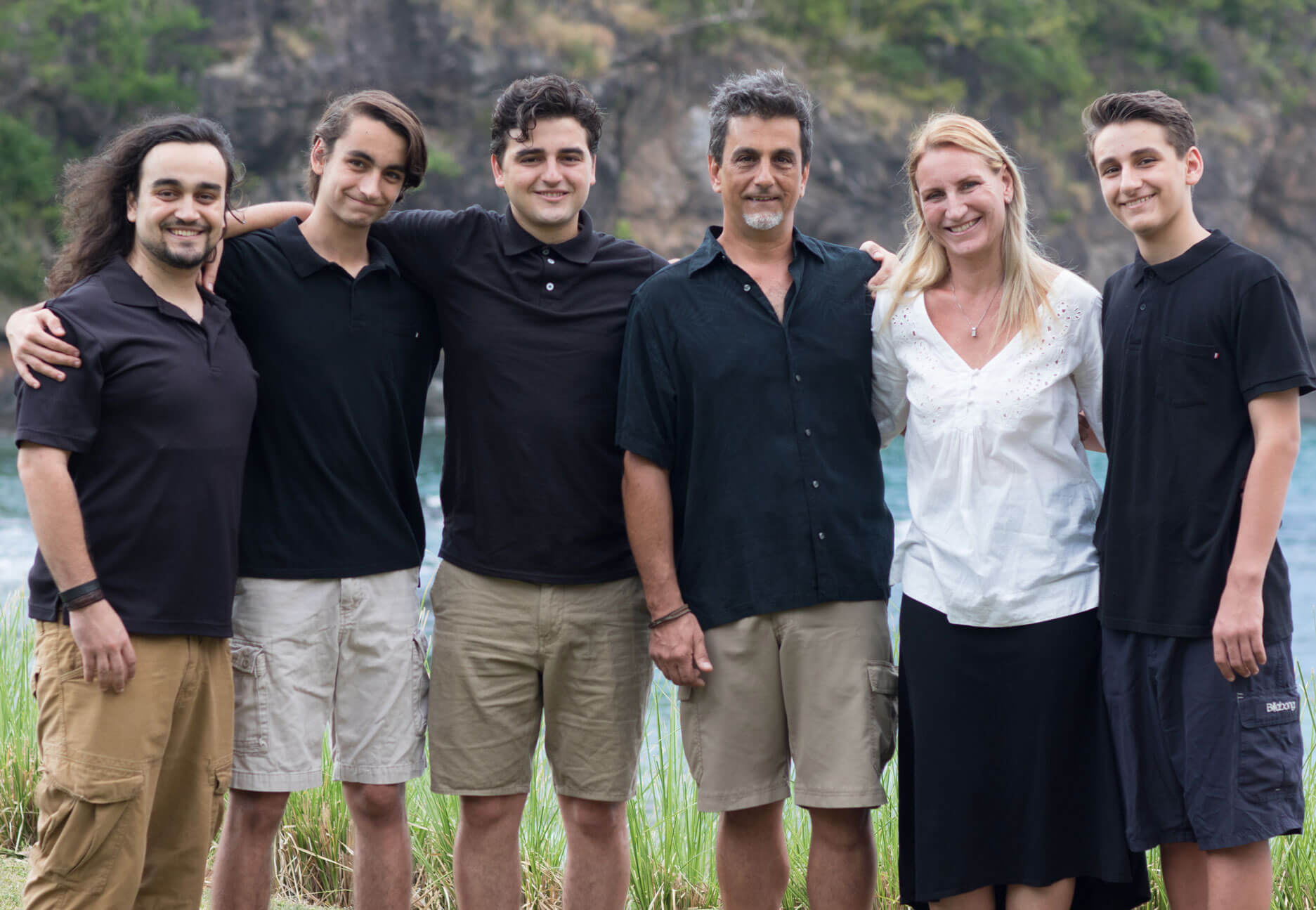
“We thought we might give it a try,” says Tony. “At worst, we’d have a story to laugh about if things didn’t go well. But we didn’t want to wonder what might have been if we didn’t give it a try.”
So in July of 2012 the family landed in Costa Rica — mom, dad, dog, and four boys ranging in ages from 6 to 17.
Tony managed his residential and commercial real estate investments back home but soon was feeling that entrepreneurial itch. A nearby large community had opened a restaurant within the development, but Tony knew that it wasn’t poised for success. When it closed after two months, the Monticello family jumped in.
Had they run a restaurant before? No. But Tony knew that they could do it well if they understood the key financial data points, created a good product, treated their customers well, and took care of their staff.
It worked. In three years, they sold the business to another restaurateur hungry for a start in Costa Rica.
“We made it work by thinking about the different markets that we needed to serve — locals, expats, and tourists,” he says.
While he has operated construction firms and a restaurant, Tony is the first to say that he doesn’t swing a hammer or make the food.
“I am more of a management and accounts payable type of guy,” he says. “Lehigh helps you learn how to learn. My civil engineering degree was math centric. I understood numbers, spreadsheets, dirt, water, and bridges. Finance was a subject I had to learn on my own, but I knew I could do that because of my Lehigh mindset and motivation.”
It’s what’s also taught him Spanish. Well, that and the closed captioning on the occasional telenovela.
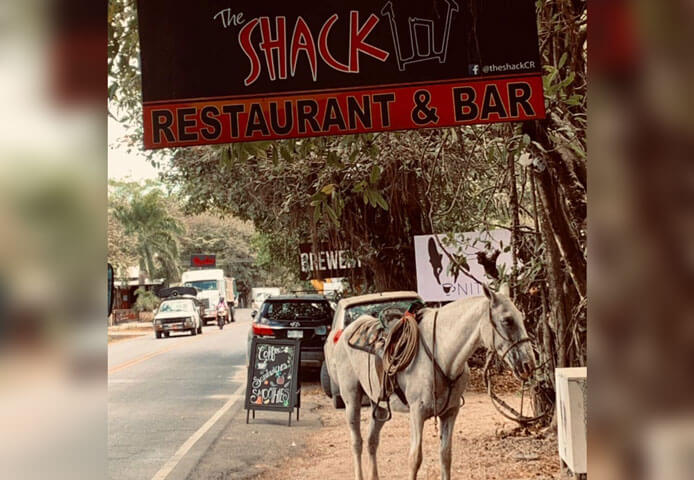
So when a local eatery was on the market, he knew he had to act. The Shack had been a mainstay for 20 years for diners in the Pacific bay community the Monticellos call home. It wasn’t a fancy place. Cheap beer. Hearty portions. Good music. It helped when Tony learned that foreign investors wanted to turn his hangout into a tapas bistro.
Four and a half years ago, he took over ownership of The Shack with a partner from Canada.
“We are not genius restaurateurs,” he says. “Since this isn’t our main income stream, we could manage this place differently. Of course, we didn’t want to lose money. More so, we didn’t want to lose our place to hang out.”
So he followed the same approach he used the first time, treating the staff like family and the locals with dignity.
“Our staff have Saturdays off so they can have a weekend day with their families,” he says. “Sabado, the Spanish word for Saturday, means the Sabbath. It should be a day of rest and rejuvenation.”
So the restaurant stays busy Sunday through Friday, serving breakfast, lunch, and dinner and keeping things energized with plenty of live music.
“When you get good people to work alongside you, and you treat them better than they expected, they take ownership of the place and support each other,” he says.
Sure, regulars might like two-for-one fajita Fridays or the fresh-caught mahi, but what they sense inside, which makes it feel so comfortable and far from a tourist trap, is how fun has been combined with family and then converted into success.
